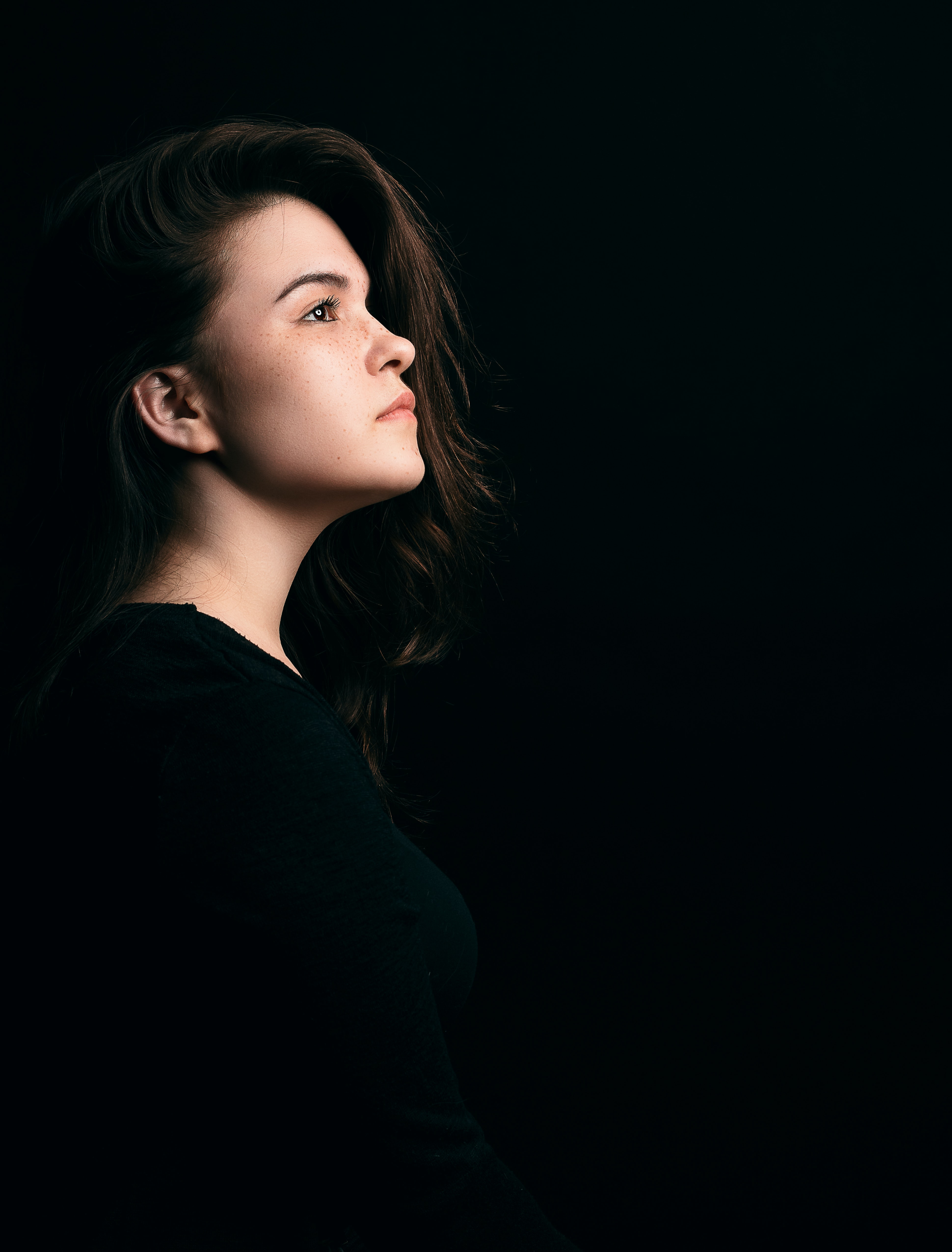
The Skinny
Average Recovery
1 days
Permanence
Temporary
Application
Topical
Surgical
No
Cost
$75 - $150
The Specifics
What is tretinoin?
Tretinoin is a topical retinoid medication for the treatment of common skin concerns like acne, acne scars, and early signs of aging. Certain formulations of tretinoin are United States Food and Drug Administration (FDA) approved to treat acne.
Retinoids are vitamin A derivatives that stimulate cell turnover. By increasing the removal of dead skin cells, pores are cleared more quickly, releasing bacteria in the case of acne, and also providing anti-inflammatory benefits.
When used to treat early signs of aging, retinoid products stimulate cell rejuvenation and the body’s natural healing response to reduce fine lines and wrinkles. Tretinoin is the generic over the counter lower strength form of prescription Retin-A creams. Brand name tretinoin products include Atralin, Avita, Retin-A, Tretin-X, and Renova.
What cosmetic concerns does tretinoin treat?
Who is the ideal candidate for tretinoin?
The ideal candidate for tretinoin therapy is an individual with mild skin concerns looking for a non-invasive solution. Tretinoin therapy is not recommended for women who are pregnant or possibly breastfeeding, those with certain skin conditions like dermatitis, eczema, sunburns, those using astringent skin care products or solutions containing benzoyl peroxide, salicylic acid or sulfur, or allergies to components of tretinoin.
What is the average recovery associated with tretinoin?
There is no recovery period from tretinoin therapy, however, there are multiple important considerations to take when using a tretinoin product. Avoidance of astringent skin care products, benzoyl peroxide, salicylic acid, sulfur products, or other irritating products. Limited sun exposure, protective clothing, and broad spectrum UV lotions are very important during tretinoin therapy. A quality SPF sunscreen and moisturizer are necessary components of regular skin care while on Tretinoin. Additionally, cold and/or windy conditions may be particularly irritating while on tretinoin.
What are the potential side effects of tretinoin?
Common side effects of tretinoin therapy include burning, stinging, peeling, redness, or excessive dryness. Less commonly patients may experience peeling, blistering, crusting, pain, severe skin irritation, or an allergic reaction.
What can someone expect from the results of tretinoin?
The results of tretinoin therapy will develop over several weeks of regular use, in combination with appropriate skin care and sun protection. Use of tretinoin needs to be monitored by a professional health care provider, and length of therapy will be determined by providers and the individual patient.
What is the average cost of tretinoin?
The average cost of tretinoin is dependent on insurance. The actual cost of the tretinoin topical will vary by location, healthcare provider, and individual candidate needs.
Pros
- At-home
- Relatively Low Cost
- Sustained Results With Consistent Use
Cons
- Irritation While Skin Acclimates
- Consistent Use Required
- Increased Photosensitivity
Invasiveness Score
Invasiveness is graded based on factors such as anesthesia practices, incisions, and recovery notes common to this procedure.
What to Expect
Tretinoin therapy is a regular prescription topical treatment. Here is a general guide for what to expect before, during, and after a tretinoin application:







